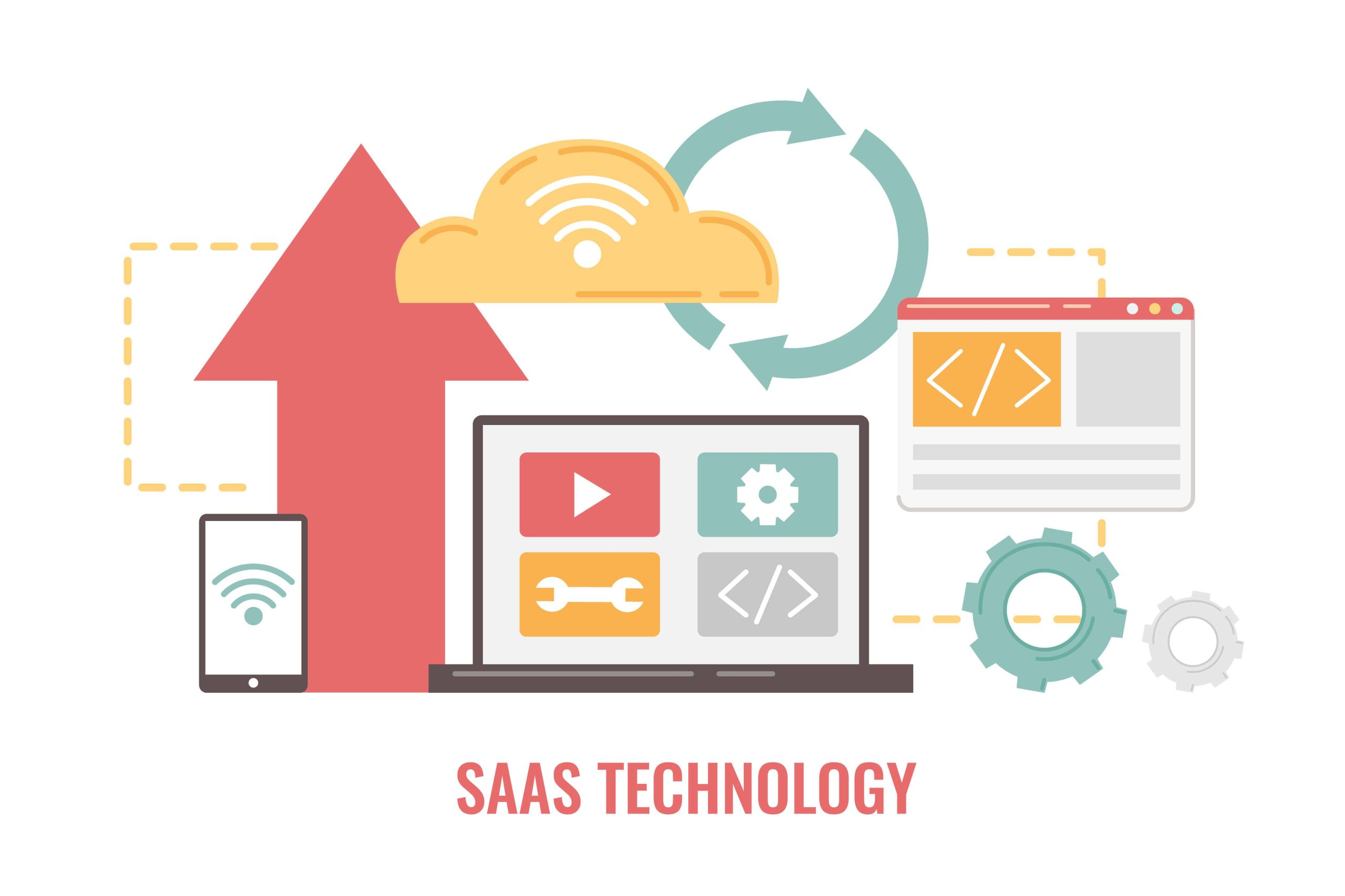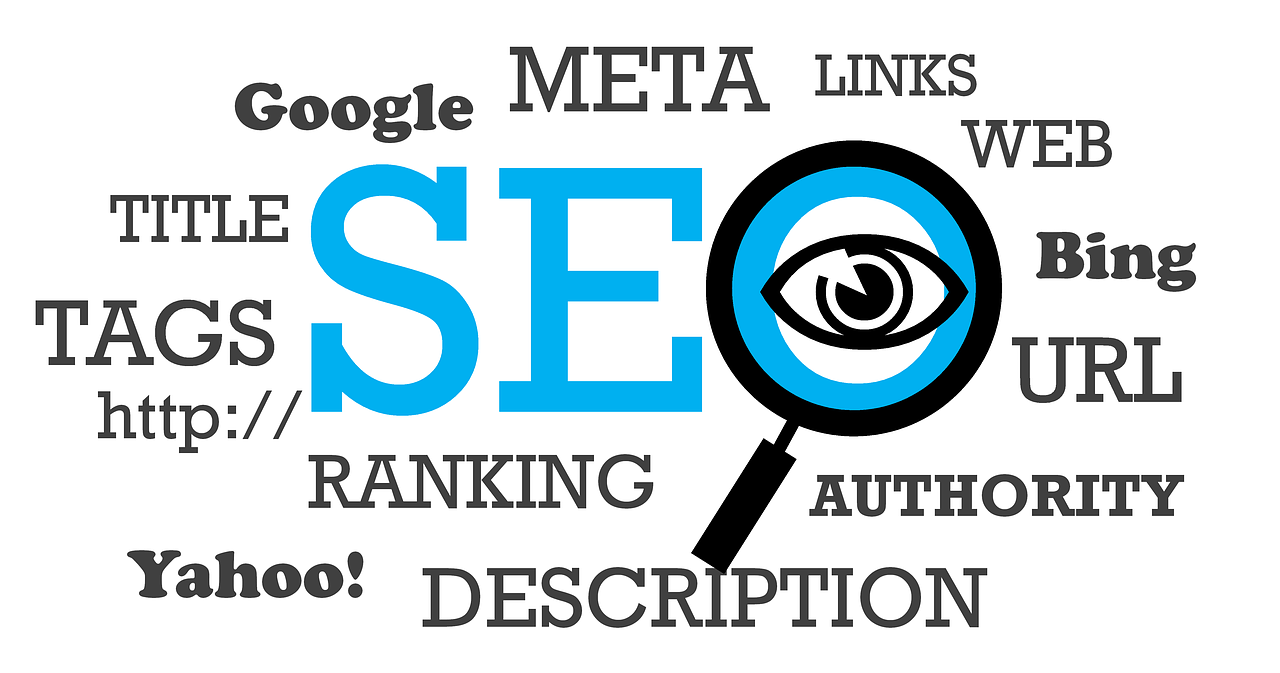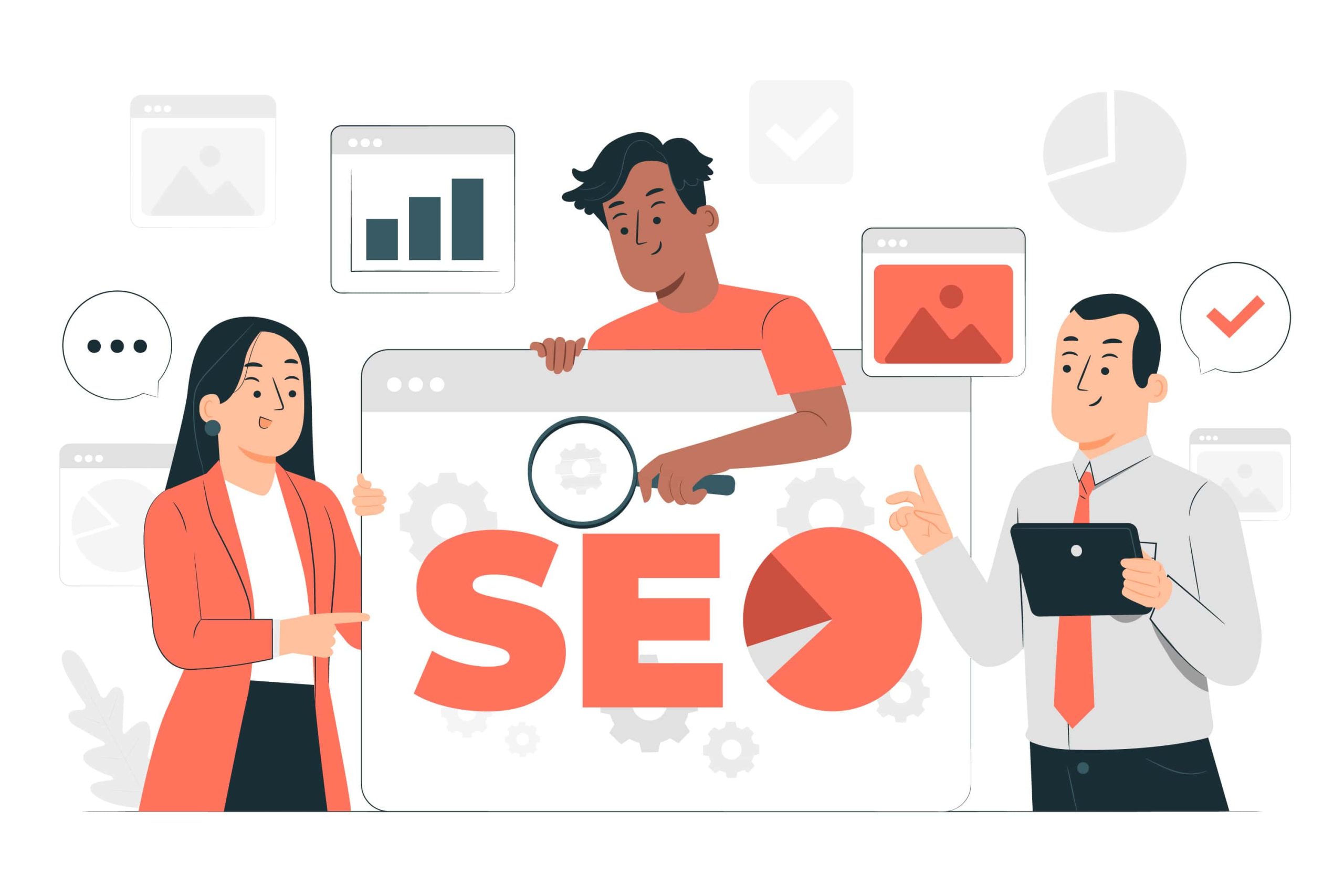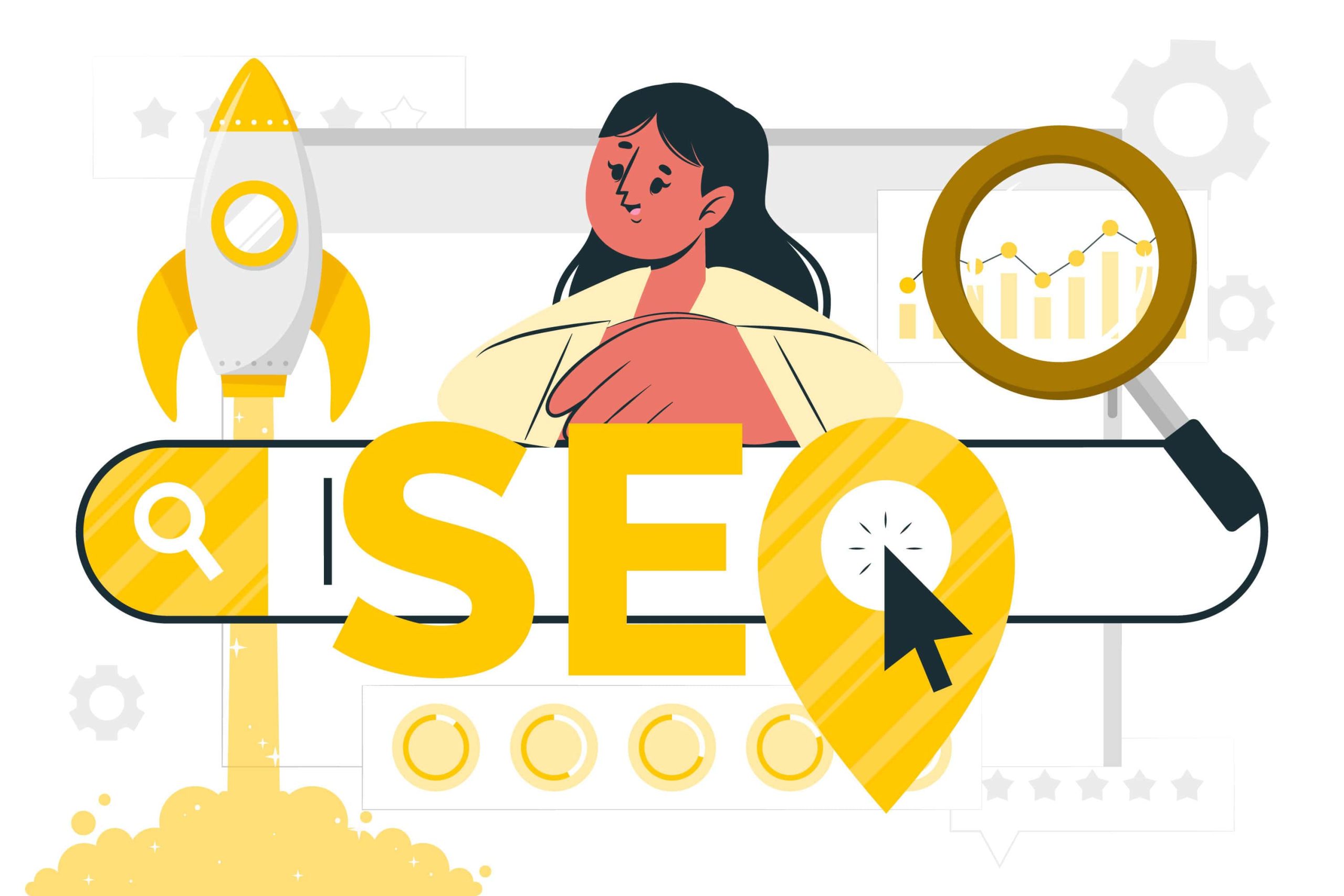
What is SaaS SEO Strategy and Why It Matters?
SaaS SEO strategy is the process of optimizing a Software-as-a-Service (SaaS) business’s online presence to increase its visibility in search engines, attract organic traffic, and drive qualified leads. Unlike traditional SEO, SaaS SEO is tailored to the unique challenges and opportunities of subscription-based businesses, focusing on niche audiences, long sales cycles, and scalable growth.

Why SaaS SEO is Essential for Business Growth
In the competitive SaaS market, organic traffic is a powerful driver of user acquisition and revenue. A well-planned SaaS SEO strategy helps businesses:
- Increase Online Visibility: Rank higher in search engine results when prospects search for solutions your SaaS product provides.
- Attract High-Intent Customers: Reach potential users who are actively seeking services like yours, ensuring that traffic translates into conversions.
- Lower Acquisition Costs: Organic traffic reduces reliance on paid campaigns, minimizing Customer Acquisition Costs (CAC) and improving ROI.
- Build Long-Term Brand Authority: Consistent SEO efforts establish your brand as an industry leader, fostering trust with your target audience.
Why a Tailored SEO Strategy Makes the Difference
SaaS companies face distinct challenges in SEO, such as targeting highly specific keywords and navigating competitive markets. A tailored SaaS SEO strategy ensures:
- Optimized Conversion Funnel: By aligning SEO efforts with the buyer’s journey, from awareness to decision-making, you can nurture leads effectively.
- Targeted Keyword Research: Focused research uncovers high-value, niche keywords that resonate with your audience and match their search intent.
- Improved Technical Foundation: Addressing technical SEO, such as page speed and mobile-friendliness, ensures a seamless experience for users and better rankings.

Understanding Your Target Audience: Reaching the Right SaaS Customers
To grow your SaaS business, you need to understand who your ideal customers are and what they are looking for. Knowing your audience helps you connect with the right people and turn them into loyal users. Knowing who your customers are, what they need, and how they search online will help you create a more effective SEO strategy.
Who Are Your Customers?
Your customers are individuals or businesses facing problems that your SaaS product can solve. For example, if your software helps with team collaboration, your customers might be team managers or business owners looking for better ways to stay organized.
Ask yourself:
- What problems do my customers face?
- How can my product make their lives easier?
- What kind of people or companies benefit the most from my service?
By answering these questions, you can identify the people most likely to need your product.
What Are They Looking For?
When people search online, they’re usually looking for solutions to their problems. Your goal is to make sure they find your product when they search. Think about:
- What questions they might ask.
- What terms they might type into search engines.
- What problems they are trying to solve.
For example, if you offer a project management tool, your customers might search for “tools to organize projects” or “how to manage remote teams.”
Why You Need Help to Reach Them
Understanding your audience and making sure they find your product isn’t always easy. A SaaS SEO agency can:
- Help you figure out exactly who your customers are.
- Make sure your website and content attract the right people.
- Save you time while helping your business grow.
By focusing on your audience and working with experts, you can ensure that your SaaS business reaches the people who need it the most.
Keyword Research for SaaS SEO Strategy: Finding the Right Keywords for Your SaaS Business
A successful SaaS SEO strategy starts with understanding the keywords your target audience uses when searching for solutions. Keyword research is the foundation of optimizing your SaaS website to attract the right visitors, improve visibility, and increase conversions.

Why Keywords Are Crucial for Your SaaS SEO Strategy
Keywords are the backbone of any SaaS SEO strategy. They help your website appear in search results when potential customers are looking for solutions like yours. For example:
- A project management SaaS might target keywords like “best software for remote teams.”
- A collaboration tool could focus on “affordable SaaS tools for startups.”
Choosing the right keywords ensures that your SaaS product connects with the right audience, driving both traffic and conversions.
Focus on Long-Tail Keywords
Long-tail keywords, like “best SaaS tools for small businesses,” play a vital role in any effective SaaS SEO strategy. They are:
- Easier to rank for because they have less competition.
- Highly relevant to users ready to make a decision.
- More aligned with the specific needs of SaaS customers.
By incorporating these keywords, your strategy becomes more targeted and effective at reaching high-intent users.
How a SaaS SEO Agency Can Enhance Your Strategy
Developing and refining your SaaS SEO strategy can be time-consuming. A SaaS SEO agency can:
- Identify Valuable Keywords: Pinpoint the phrases your ideal customers are searching for.
- Analyze Competitors: Discover opportunities where your competitors might be underperforming.
- Save Time and Drive Results: Allow you to focus on your business while the agency optimizes your strategy.
With a clear and focused SaaS SEO strategy, your business will attract more qualified leads and achieve sustainable growth.
Optimizing Your SaaS Website Pages for Search Engines
Your website is often the first impression potential customers have of your SaaS product. A well-optimized website ensures that search engines can find it and that visitors stay engaged once they arrive. This is a critical part of any effective SaaS SEO strategy.
Why Optimization Matters
When your website is optimized, it becomes easier for people searching online to find your product. Clear and engaging pages make it simple for visitors to understand what you offer and why they should choose your SaaS solution. Optimized pages:
- Attract more visitors.
- Keep them engaged longer.
- Increase the chances they’ll take action, like signing up for a demo or exploring your pricing.
Focus on What Your Customers Need
Every page on your website should serve a purpose. For SaaS businesses, this means:
- Showcasing Benefits: Highlight how your product solves problems for your customers.
- Guiding Visitors: Use clear language and simple navigation to help them find key information, like your demo or pricing pages.
- Encouraging Action: Include call-to-actions (CTAs) like “Start a Free Trial” or “Request a Demo” to make the next step obvious.
This customer-focused approach strengthens your SaaS SEO strategy by aligning your website with what your audience wants.
With a tailored SaaS SEO strategy, your website becomes a powerful tool for growth, helping your business stand out in a competitive market.
Content Strategy for SaaS SEO: Creating Content That Drives SaaS Organic Growth
Content is the foundation of any successful SaaS SEO strategy. By creating valuable and relevant content tailored to your audience, you can attract more visitors, build trust, and guide potential customers through their decision-making process. A strong content strategy ensures your SaaS company stays visible, relevant, and competitive.
Why Content Matters for SaaS Businesses
For SaaS companies, content does more than just drive traffic; it connects you with your audience at every stage of their journey. A well-planned content strategy helps you:
- Educate Potential Customers: Provide answers to their questions and demonstrate how your product solves their problems.
- Build Trust and Authority: High-quality content positions your business as a reliable expert in your field.
- Drive Conversions: Engaging content encourages visitors to take action, whether it’s signing up for a demo, downloading a guide, or starting a free trial.
What Types of Content Work Best?
Different types of content resonate with SaaS audiences depending on where they are in the buyer’s journey. Focus on creating:
- Blog Posts: Regularly publish articles that answer common questions, solve industry challenges, or explain how your SaaS product works.
- Case Studies: Showcase success stories from your customers to build credibility and demonstrate real-world results.
- Whitepapers and Guides: Offer in-depth insights or how-to resources that address specific problems your audience faces.
- Videos: Use video tutorials or product demos to explain your features and benefits in a clear and engaging way.
By diversifying your content, you can reach a broader audience and keep them engaged with your brand.
The Value of Evergreen SEO Content
Evergreen content is content that stays relevant over time and continues to attract visitors long after it’s published. For SaaS companies, this might include:
- How-to guides for using your product.
- Explainers of common industry concepts.
- Comprehensive resources on solving specific problems.
Investing in evergreen content ensures your SaaS SEO strategy delivers long-term results and continues to bring traffic and leads.
Off-Page SEO and Link Building for SaaS: Building Authority with Quality Backlinks
Off-page SEO plays a vital role in the success of any SaaS SEO strategy by helping your business build authority and trust in your industry. One of the most effective ways to achieve this is through link building—earning high-quality backlinks from reputable websites. Backlinks signal to search engines that your SaaS website is a credible source, which improves your rankings and visibility.

Why Backlinks Matter for SaaS Companies
Backlinks are more than just links; they’re endorsements from other websites. For SaaS businesses, quality backlinks can:
- Boost Search Rankings: Search engines prioritize websites that have links from authoritative sources.
- Drive Referral Traffic: Links from relevant websites bring targeted visitors to your site who are more likely to convert.
- Build Trust and Authority: Being featured on reputable sites positions your SaaS brand as a leader in your niche.
A strong off-page SEO strategy ensures your SaaS company stands out in a competitive market.
Strategies for Building Quality Backlinks
Not all backlinks are created equal. Focusing on strategies that prioritize quality over quantity is essential for SaaS businesses. Here are some effective approaches:
- Guest Posting: Write informative articles for SaaS-related blogs or websites in exchange for a link back to your site. This helps you reach new audiences while earning valuable backlinks.
- PR Outreach: Collaborate with industry publications or influencers to gain mentions or features that link to your SaaS website.
- Partnerships: Build relationships with complementary businesses and create opportunities for mutual linking.
- Content Marketing: Create valuable resources, such as whitepapers, infographics, or in-depth guides, that others naturally want to link to.
- Sponsorships and Events: Sponsor industry webinars, events, or tools to earn visibility and links from reputable sources.
What Makes a Good Backlink?
When building links, it’s important to focus on quality. High-value backlinks typically come from:
- Authority Websites: Sites that are trusted within your industry.
- Relevant Domains: Websites related to your SaaS niche.
- Engaged Audiences: Sites with active readers who may also be interested in your product.
These factors ensure your backlinks strengthen your SaaS SEO strategy rather than harm it.
Tracking the Success of Your SaaS SEO Strategy
Implementing an effective SaaS SEO strategy is just the beginning. To ensure long-term growth, you need to track its success and continuously refine your approach. By focusing on measurable outcomes, you can identify what’s working, optimize where necessary, and maximize the return on your SEO investment.
Key Metrics to Monitor
Tracking specific metrics helps you understand how your SEO efforts are impacting your SaaS business. Key performance indicators (KPIs) to focus on include:
- Organic Traffic: Measure how many visitors come to your website through search engines. A steady increase indicates that your content and keyword strategies are effective.
- Conversions: Track the number of visitors who take desired actions, like signing up for a demo, starting a free trial, or subscribing to your service.
- Churn Rate: While not a direct SEO metric, monitoring how many customers leave your service helps you assess the quality of leads brought in by your SEO efforts.
- Keyword Rankings: Keep an eye on where your target keywords rank in search results to gauge your visibility.
- ROI from SEO: Evaluate the revenue generated from organic traffic compared to your investment in SEO efforts.
The Role of Continuous Improvement
SEO is not a one-time effort; it requires ongoing analysis and refinement. By continuously monitoring performance, you can:
- Identify Gaps: Find areas where your strategy isn’t delivering results and make adjustments.
- Optimize Content: Update underperforming pages to improve rankings and engagement.
- Experiment: Use A/B testing to find out what resonates best with your audience, whether it’s page structure, CTAs, or content formats.
Regularly revisiting your strategy ensures it stays aligned with your business goals and industry trends.
Overcoming SEO Roadblocks in the SaaS Industry
The SaaS industry presents unique challenges when it comes to SEO. From intense competition to complex sales cycles, these roadblocks can make it difficult for SaaS companies to gain the visibility they need. Understanding these obstacles and knowing how to overcome them is crucial for the success of your SaaS SEO strategy.
Common SEO Challenges for SaaS Companies
High Competition: The SaaS market is crowded, with multiple players vying for the same keywords and audience. Larger competitors with bigger budgets can dominate search results, making it harder for smaller businesses to stand out.
- Long Sales Cycles: SaaS customers often take time to research, compare, and evaluate before making a purchase. This means your SEO strategy needs to nurture leads over a longer period.
- Technical SEO Issues: SaaS websites often feature dynamic content, complex architectures, or frequent updates, which can create challenges for search engine crawlers and affect rankings.
- Content Saturation: With so many SaaS companies producing similar content, it can be challenging to create unique, valuable resources that stand out.
Finalizing Your SaaS SEO Strategy: A Roadmap to Success
An effective SaaS SEO strategy is not just about driving traffic; it’s about creating sustainable growth by connecting with the right audience, solving their problems, and turning them into loyal customers. By combining the right techniques with a clear focus on your goals, your SaaS business can build a strong online presence and thrive in a competitive market.

Key Takeaways for SaaS Success
- Understand Your Audience: Identify who your customers are, what they need, and how they search for solutions.
- Build a Strong Foundation: Optimize your website with clear, engaging content and seamless navigation that guides users to take action.
- Focus on Quality Content: Create valuable, evergreen content tailored to your audience’s pain points and the buyer’s journey.
- Leverage Advanced Techniques: Use tools like AI, schema markup, and voice search optimization to stay ahead of the curve.
- Track and Refine: Continuously measure your results, adapt to trends, and improve your strategy over time.
Why Partnering with a SaaS SEO Agency is the Smart Move
While implementing a SaaS SEO strategy in-house is possible, partnering with an experienced SaaS SEO agency offers unmatched benefits:
- Expertise: Agencies understand the unique challenges of the SaaS industry and how to overcome them.
- Efficiency: Save time and resources by letting professionals handle your SEO efforts.
- Results-Driven Approach: Agencies focus on delivering measurable growth, from improved rankings to increased conversions.
By working with a specialized agency, you can focus on developing your product and growing your business, knowing your SEO is in expert hands.
Your Next Step
Success in SaaS SEO is an ongoing journey, not a one-time effort. Start by identifying your goals, refining your strategy, and investing in expert support where needed. With the right approach, your SaaS company can achieve sustainable growth and long-term success in the digital landscape.
Your SaaS SEO strategy is more than just a marketing tool—it’s the foundation of your growth. Take the next step today, and see how SEO can transform your business.


